Peter Dutton gives voters nuclear power option
Peter Dutton has declared the next election is a referendum on nuclear energy and power prices.
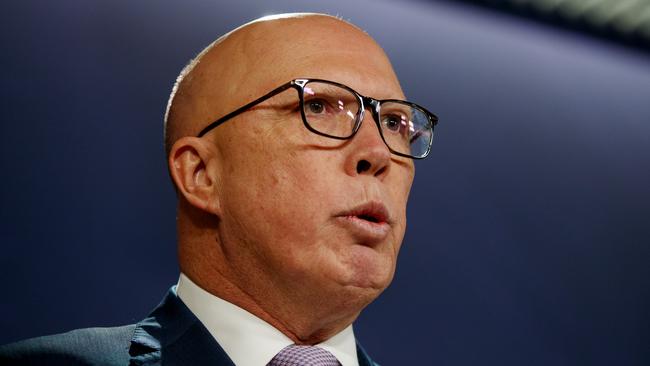
Peter Dutton has declared the next election will be a referendum on nuclear energy and power prices, after outlining an ambition to build seven atomic generators by 2050 and greatly increasing government ownership in the national electricity market.
Anthony Albanese, Labor premiers, unions and environmentalists declared war on the Opposition Leader’s nuclear plan, which would legalise the energy source in Australia and see the first two generators producing electricity by 2037.
The Coalition has not decided whether the first two nuclear generators will be large-scale plants or the more embryonic technology of small-modular reactors, with the policy among the most contentious to be taken to an election by an opposition since John Hewson proposed a GST in 1993.
The nuclear generators – to be rolled out on the sites of coal-fired power stations in NSW, Queensland, Victoria and Western Australia – will be owned by the commonwealth but Mr Dutton did not release modelling showing the cost to taxpayers or how much electricity the plan would generate. “(The funding) comes from the same place that the Snowy Hydro funds come from or the subsidies around solar and wind now: it comes from the Australian taxpayer,” Mr Dutton said.
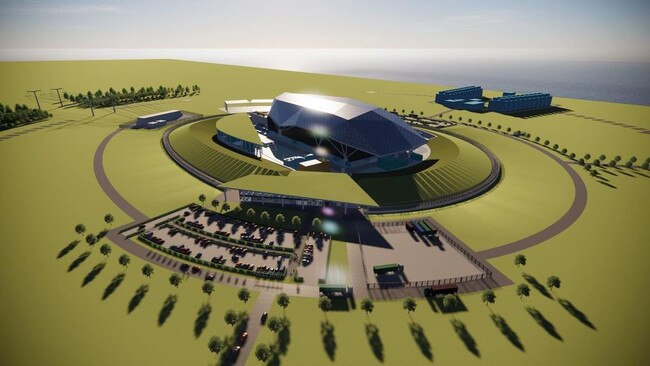
CSIRO’s annual GenCost report released last month predicted a large-scale nuclear plant would take at least 15 years and about $8.6bn to build.
The Australian understands the Coalition is working on a cost structure for nuclear options of about $8bn per 1GW of generation, which is not inconsistent with the CSIRO GenCost report.
Based on a scenario of one large-scale nuclear plant on each of the identified sites, the total capital cost would be about $60bn.
The Coalition will argue this is significantly less than the $200bn to $300bn for Labor’s renewable energy plans, including the cost of transmission, which the energy operator has calculated.
Several senior Liberal sources said small modular reactors of about 300MW could be constructed for $3.5bn to $5bn in Australia.
Setting up an election contest between nuclear and large-scale renewables, Mr Dutton said it was not possible to run an electricity system on renewables alone.
“We need to ensure hospitals can stay on 24/7, we need to ensure that cold rooms can stay on 24/7, we need to make sure that our economy can function 24/7 and we can only do that with a strong base load power,” Mr Dutton said.
The owner of one of the proposed nuclear sites, AGL, criticised the Coalition’s nuclear policy but Mr Dutton warned he would be prepared to acquire the properties forcibly with “just compensation” if there were unwilling sellers.
The Coalition's proposed nuclear reactors would be built in the federal electorates of Hunter and Calare in NSW, Maranoa and Flynn in Queensland, Gippsland in Victoria, O’Connor in WA and Grey in SA. All are represented by Coalition MPs except for Hunter, which is held by Labor’s Dan Repacholi.
The NSW, Victorian and Queensland governments say they will not repeal state laws banning nuclear generation if the Coalition wins the next election, while the proposal was also opposed by the South Australian and West Australian governments.
Queensland Liberal National leader David Crisafulli, who polls have on track to be premier after the October election, is opposed to nuclear, while the energy source is supported by the South Australian Liberals. The Liberal leaders of NSW, Victoria and Western Australia were lukewarm when asked about Mr Dutton’s nuclear push.
But constitutional law experts said the federal government could override state bans. “Federal law overrides state law, including state constitutions, so there’s nothing that states could put in the law or the constitution that could stop nuclear reactors,” said Australian Catholic University vice-chancellor Greg Craven.
Mr Dutton said Mr Albanese’s renewables-only plan would “force up electricity prices, and put unreliability into the system”.
The Prime Minister said nuclear energy would “drive up power prices, lead to more energy insecurity and lead to less jobs being created”, while Jim Chalmers said “it might be the dumbest policy ever put forward” by a major party.
Business Council of Australia chief executive Bran Black said he supported legalising nuclear energy, but urged the Coalition to provide more detail on how it plans to reach net-zero by 2050.
Mr Dutton said radioactive waste from the generators could be stored in the same facility that would store waste from the AUKUS nuclear submarines, with that site yet to be determined. Deputy Nationals leader Perin Davey said the Coalition would not proceed with nuclear reactors that did not have community support, signalling there was risk in Mr Dutton’s plan given he has ruled out any other sites for the energy technology.
Mr Dutton said he was confident he would receive communities’ support, with the Coalition to outline incentives for voters in those seats including a “regional deal unlocking investment in modern infrastructure, services and community priorities”.
There will also be industrial zones rolled out in affected communities offering subsidised rents for manufacturing businesses who set up near a nuclear facility.
Labor premiers signalled they were gearing up to campaign against Mr Dutton’s proposal.
NSW Premier Chris Minns said it would cost between $70bn and $200bn to replace coal-fired power stations with nuclear.
“Firstly, it costs a lot of money, and secondly it takes a lot of time, and we don’t have a day to wait,” Mr Minns said.
Victoria’s Jacinta Allan said: “Nuclear energy is toxic, it’s risky, it’s more expensive and it’s decades and decades away”.
South Australian’s Peter Malinauskas said nuclear would “make power more expensive”.
“So why on earth would we pursue it?” he said.
Treasury secretary Steven Kennedy warned uncertainty surrounding climate policy had done significant damage to the decarbonisation effort, undermining trust among business and the community while driving up transition costs.
Australia had policies in place to achieve its 43 per cent emissions reduction target by 2030 and was on track but Dr Kennedy warned that “implementation risks remain”.
Dr Kennedy said technology breakthroughs would be critical to making further emission reduction gains after 2030 when the “task will get harder again”.
“Achieving net zero by 2050 will require a further round of policies to drive the necessary emissions reductions in harder to abate sectors,” Dr Kennedy said.
Additional reporting: Clareese Packer, Joe Kelly

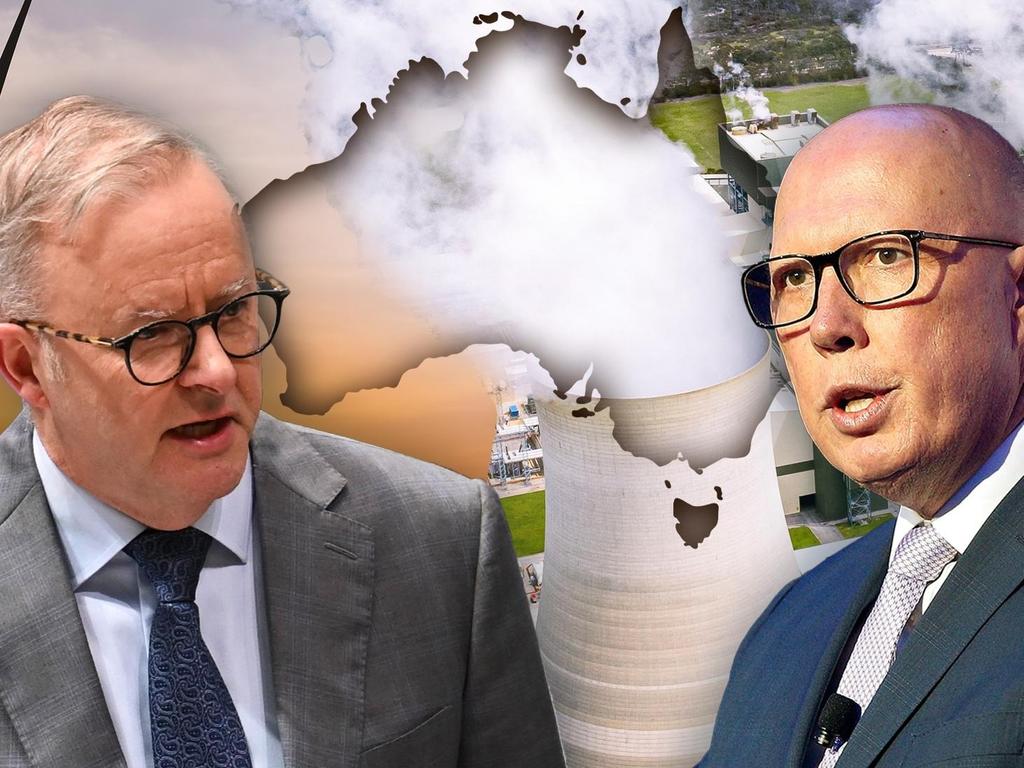

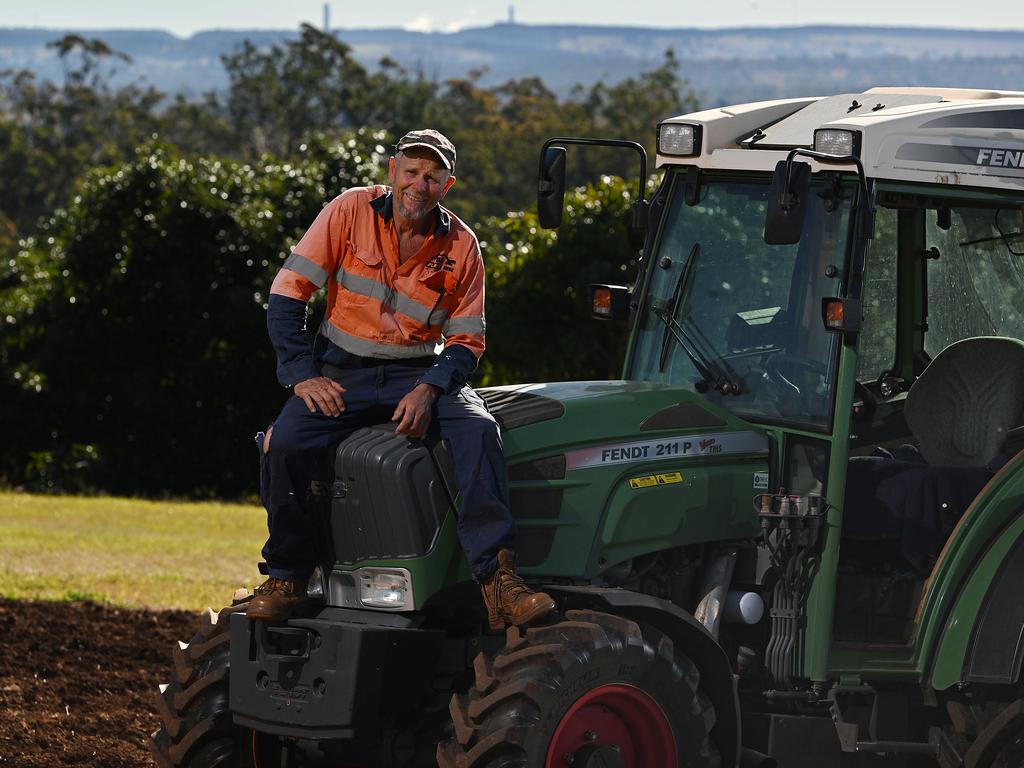
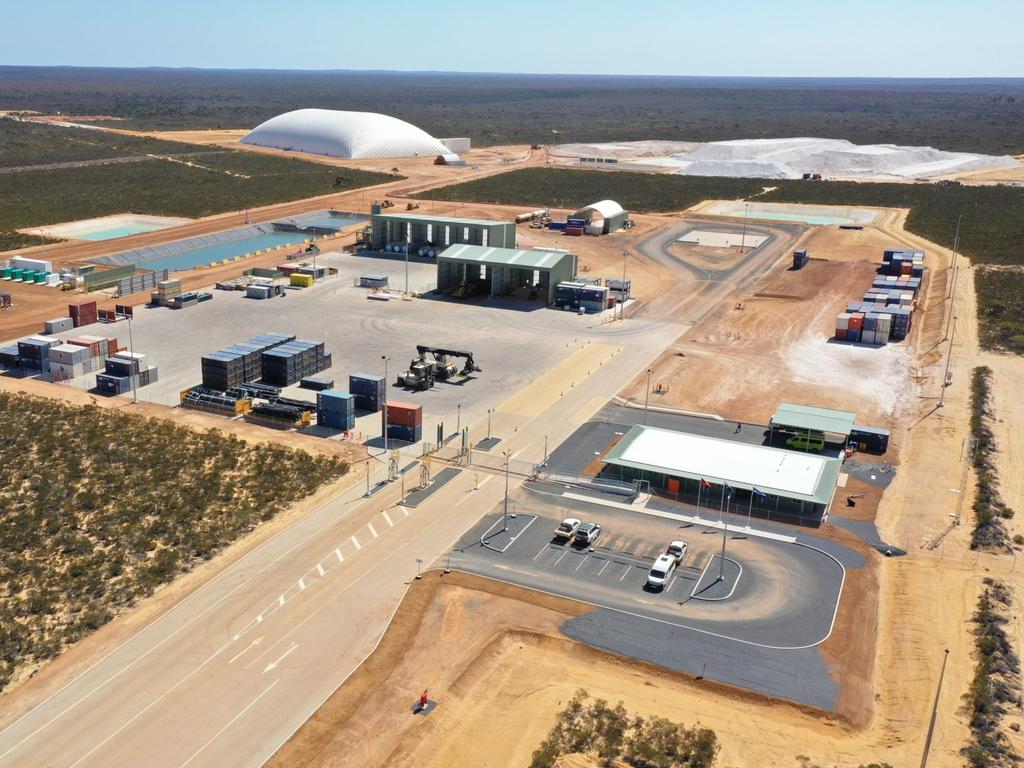


To join the conversation, please log in. Don't have an account? Register
Join the conversation, you are commenting as Logout